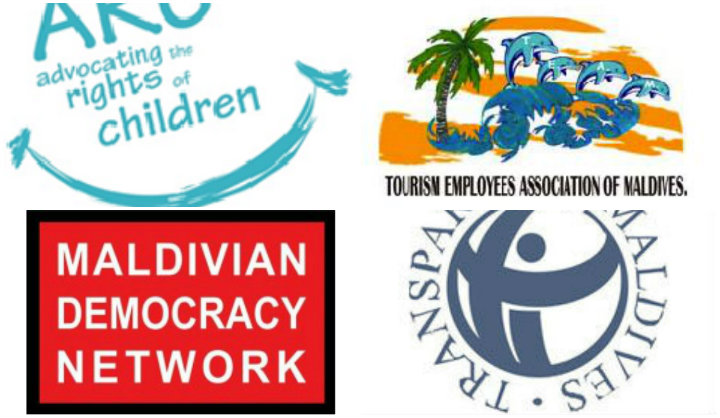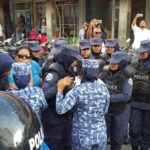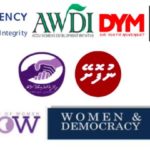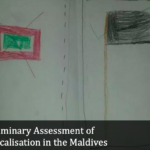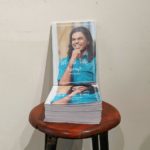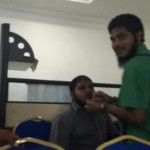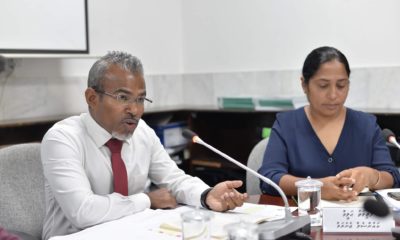Maldivian human rights groups have expressed concern over new regulations governing civil society organisations that allow state monitoring to “extents unacceptable in open democratic societies.”
In a letter to Michel Forst, the UN special rapporteur on the situation of human rights defenders, the Maldivian Democracy Network (MDN) said the new regulation “solidifies anti-democratic practices” and grants a registrar at the home ministry “extraordinary discretionary powers”.
The registrar, appointed by the president, has the discretion to suspend or dissolve NGOs if it conducts activities that could be considered “a threat to national security” or “defamatory towards an individual.”
“These provisions consist of undefined terms that could be used to harass and intimidate NGOs, which is a recurrent trend in the country,” the MDN said.
The new regulations grant the registrar unprecedented power, as NGOs are obliged to seek permission to receive foreign aid, to share a list of its members every year, and to handover documents and financial records at the registrar’s request.
NGOs now have to inform the registrar of its activities and budget a year in advance and of any projects worth more than MVR25,000 (US$1621). Further, when authorizing the registration of foreign NGOs, the registrar is to consider whether the organization’s aims align with the government’s policies and development plans.
Anti-corruption group Transparency Maldives (TM), a local chapter of Transparency International, also said the new rules compromise the independence of NGOs because it allows the government to exert undue influence.
The reporting requirements and permission on receiving funds would make it difficult to run NGOs, TM said in a review, shared with 17 local NGOs. The mandatory sharing of the registry of members “must not allow punitive measures against any individual for exercising their right to associate,” TM said.
The seizure of documents should only be authorized through the courts, the review said. Further, NGOs must be able to contest the registrar’s decisions to suspend or dissolve them.
The regulations were enacted under the 2003 Associations Act and published in the government gazette last month. Both MDN and TM said the 2003 law is outdated as it was passed before the adoption of the new constitution in 2008.
The home ministry was not responding to calls at the time of going to press.
In its letter to the special rapporteur, the MDN also highlighted the disappearance of journalist Ahmed Rilwan, the imprisonment of former President Mohamed Nasheed on a terrorism charge, worsening of press freedom, and the recent stabbing of lawyer Mahfooz Saeed.
“We believe that these gross violations of civil and political rights intrinsically linked to the work of human rights defenders have to be addressed without delay,” the MDN said.
The NGO called for action from the UN and the international community “to ensure that further human rights violations in the country do not take place at the helm of a reticent authoritarian government.”
MDN also referred to a bill proposed by a ruling party MP for criminalising calls for tourism boycotts and sanctions against the Maldives. The bill is currently at committee stage and is likely to pass as the ruling coalition controls a majority of seats in the People’s Malis.
If the bill is passed, MDN warned that opposition MPs and former President Nasheed’s lawyers are “at risk of prosecution”.
Nasheed’s international lawyers are pursuing targeted sanctions against state officials if the government continues to detain the opposition leader in defiance of a UN rights panel ruling. The main opposition Maldivian Democratic Party has also backed the calls for targeted sanctions.
Additional reporting by Ahmed Naish and Zaheena Rasheed.

